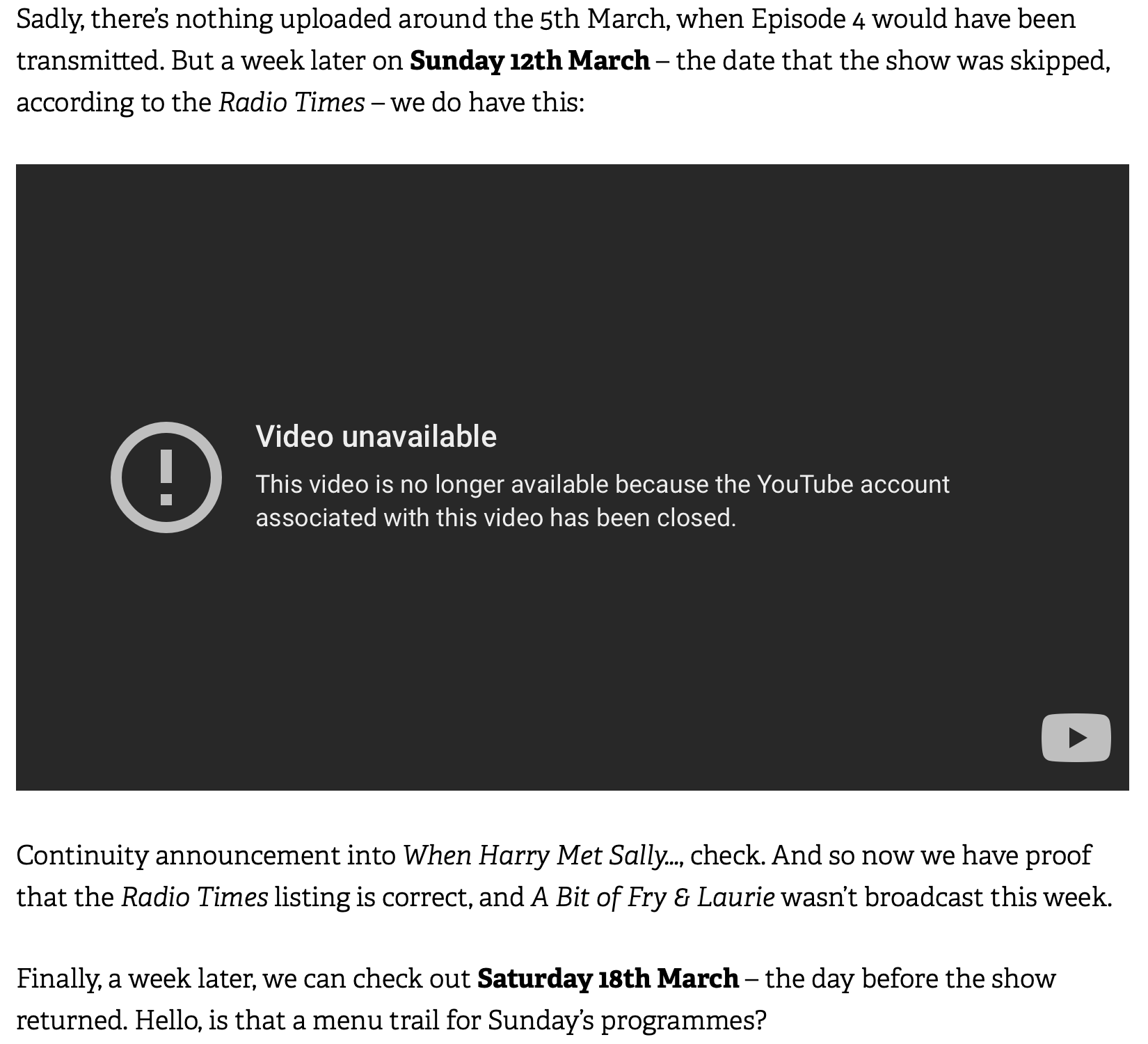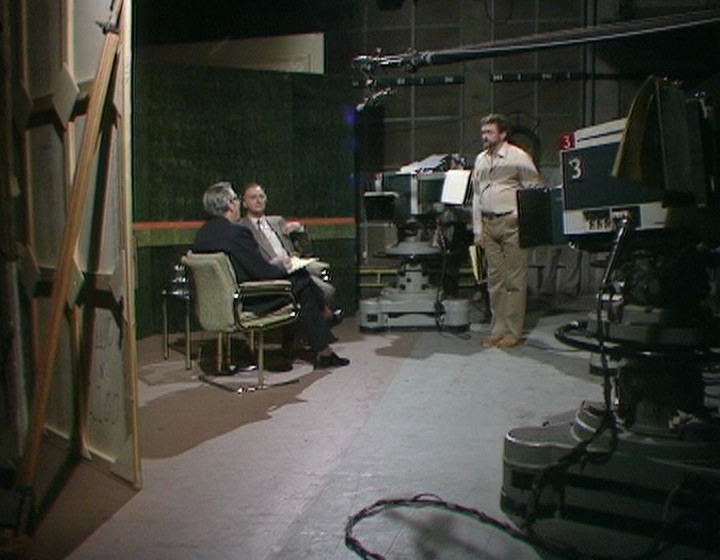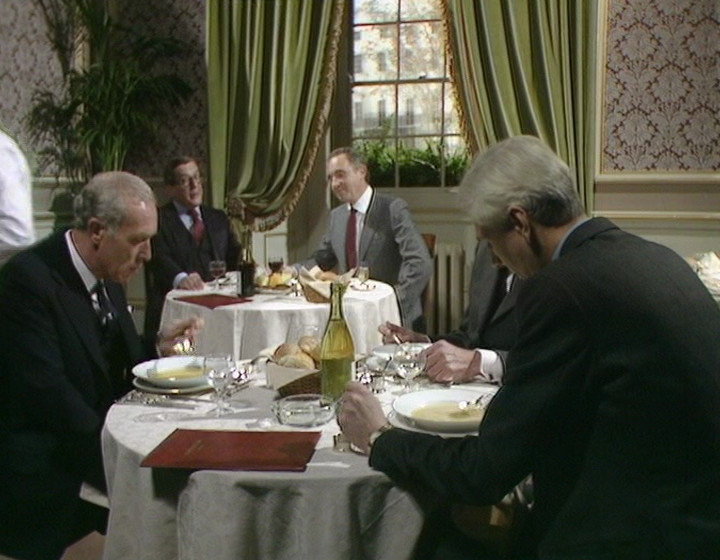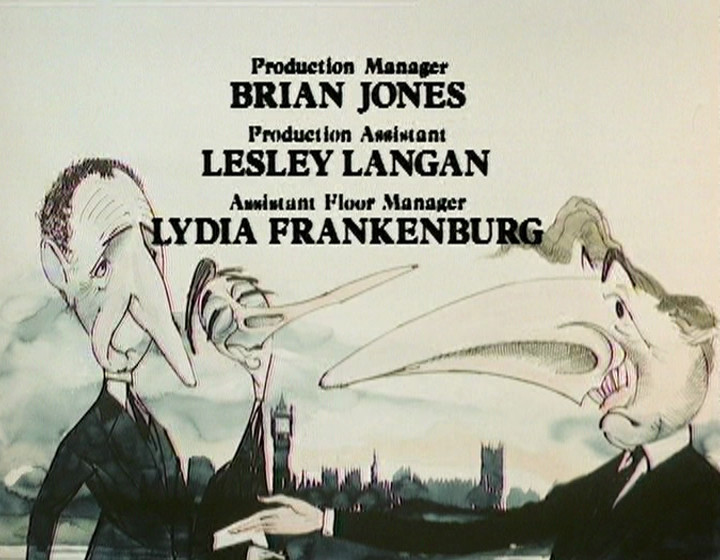Recently, one of those kind of blog posts has been doing the rounds. One that gets picked up by seemingly everyone, and even crosses into the mainstream news media. I’m talking about Tyler Vigen, and The Mystery of the Bloomfield Bridge:
“This pedestrian bridge crosses I-494 just west of the Minneapolis Airport. It connects Bloomington to Richfield. I drive under it often and I wondered: why is it there? It’s not in an area that is particularly walkable, and it doesn’t connect any establishments that obviously need to be connected. So why was it built?”
It’s a great story – long, but well worth reading to the end. In particular, don’t miss the copious footnotes, which contain a lot of the really cool stuff. Put aside half an hour and take a nice, leisurely read.
But it’s also worth pondering exactly why the story is so interesting. Tom Scott in his newsletter called it “exactly the kind of fascinating infrastructure-nerd archive dive that I love”. Which it absolutely is.
And yet it’s also something else. Vigen:
“It is at about this point in the story that whoever is enduring hearing about it from me inevitably asks: “Hold on, why do we care about this bridge so much?” Which, yes, fair question.
Up until this point, it was curiosity. From here on out though, it is stubbornness.
I don’t understand why this question is so difficult to answer. There IS a reason that bridge was built, and by golly I am going to find it! Will it be a bribe from a local business? A conspiracy with the construction company? An ordinance that requires a bridge every 5 miles? A makeshift deer crossing built by the DNR? Someone accidentally copy-pasted a bridge when playing Cities: Skylines of Minnesota?
Whatever it is, I want to know!”
The reason this has captured so many people’s imagination isn’t because everyone is fascinated with BRIDGE FACTS. The reason is a little more primal. This is the sheer joy of ostentatious investigation. Or in other words: research porn. Which is a close relation of that old standby “competence porn”, as defined by TV Tropes:
“Competence porn is a term invented by Leverage writer John Rogers (see here) and used by a lot of critics since. […] It’s the thrill of watching bright, talented people plan, banter, and work together to solve problems. It’s not just “characters being good at a thing,” particularly if that thing is fighting – otherwise, the term would apply to virtually all fiction — but specifically about using cleverness and hard work.”
The thrill of watching people “plan, banter and work together to solve problems” is very much akin to watching somebody poke every single avenue of research, until they find the truth.
I speak from experience. One of the big turning points for Dirty Feed was back in 2020, when I wrote this ridiculous investigation, about a recording of some Gregorian chanting used in The Young Ones. It became something of an epiphany for me when it came to my writing. For the first time, I understood that the story of the research meant as much as – or possibly even more than – the answer at the end. This knowledge has informed all my real investigative writing on here ever since.
And I think this kind of research porn does mean something, beyond the thrill of the chase. I see so much bullshit every day, often from people who should know better. Not just “stuff I disagree with” – I can cope with that – but pure bad faith arguments, deliberately misrepresenting everything. Writing something which attempts to get to the actual truth of something in 2023 can feel like a revolutionary, dangerous act.
Even if that truth is just about an old sitcom. Or an old bridge.
* * *
At the start of this month, I had to delete a post I published here on Dirty Feed. For the first time since I started writing the site back in 2010. The reason was simple: it was badly researched, or at the very least so incompletely researched as to make it fairly worthless. If you really want to read it, the article remains intact in August’s newsletter, but I no longer stand by the piece in its current version.
Now, I’m not really interested in self-immolation for this error. I made a mistake, I got rid, I admitted it rather than hiding it, and I’ll publish a revised version of the piece at some point next year. I did everything I should do. I don’t think any of it materially hurts either me or the site.
But the error annoyed me, and it annoyed me not because the research was incomplete per se – people correct me on things all the time – but because it was ostentatiously incomplete. Or, to put it another way: incompetence porn. If you’re stupid enough to think you’ve cracked an article about a TV show by watching just a couple of minutes of the relevant programme, rather than watching the whole series and appreciating the full context, then that’s your funeral.1
Onwards and upwards. One bad mistake in 13 years isn’t bad. But it’s a decent reminder: ostentatious investigation is this site’s forte, not leaping to the end because I want an easy update to the site.
Be more Tyler Vigen.
Read more about...
writing




